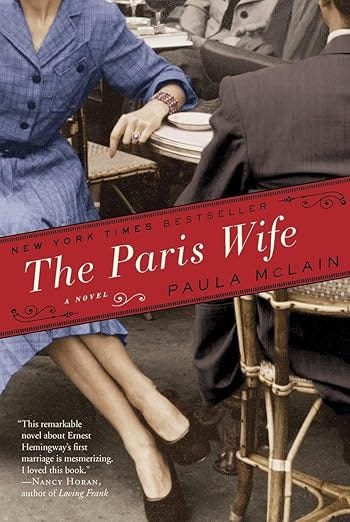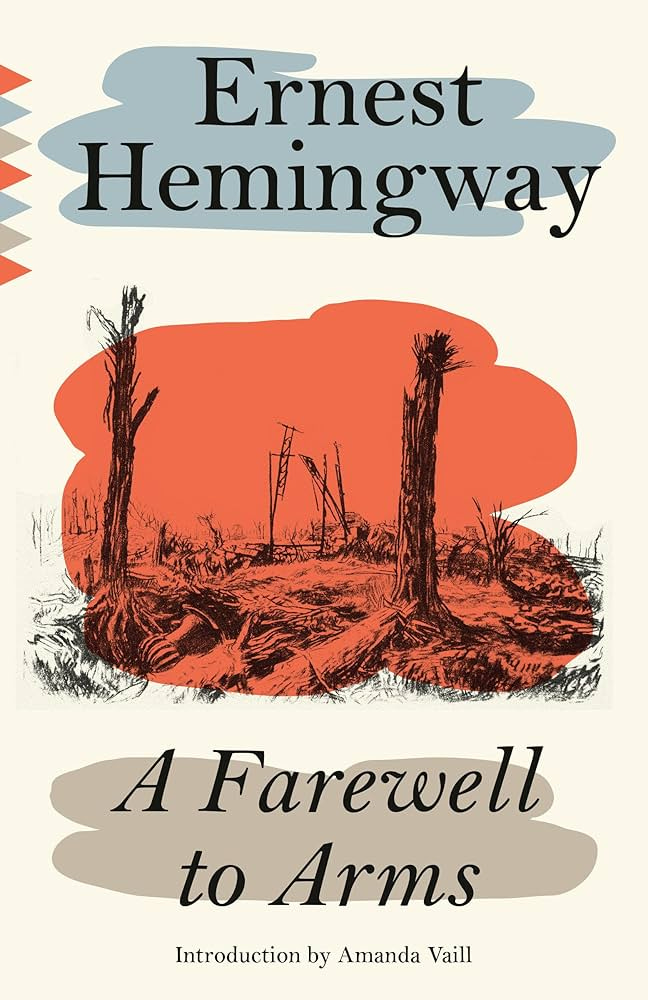How do we reach back into the days gone by and write about our memories? What can we learn from the great writers who have come before? I was thinking about all of these things when we spent two weekends in our old stompin’ grounds last November. Here’s a bit of what I noticed as I was reading.
The Paris Wife, Paula McClain
This book about Ernest Hemingway’s first marriage made me angry at how much solitary time Hemingway had, even after becoming a husband and parent. Standing in my kitchen one afternoon, I went off on a huge tirade right in front of my husband and kids. It went something like this: “There have been no well-known women writers who were also mothers!! Writing the way I want to write feels impossible when all I get is tiny chunks of time here and there!! Why can’t I go away for months on end and write the book pressing on my heart?!”
//
We fell into a routine, rising together each morning and washing without talking, because the work had already begun in his head. After breakfast, he’d go off in his worn jacket and the sneakers with the hole at the heel. He’d walk to his room and struggle all day with his sentences. When it was too cold to work or his thoughts grew too murky, he’d walk for long hours on the streets or along the prettily ordered path of the Luxembourg Gardens.
…
I imagined there were lots of other writers who worked in their own houses and could tolerate conversation at breakfast. Who managed to sleep through any given night without stewing or pacing or scratching at a notebook while a single candle smoked and wavered. I missed rnest’s company all day, but he didn’t seem to miss mine, not while there was work to do. When he craved contact, he stopped in to visit the Cezannes and Monets at the Musee du Luxembourg, believing they had already done what he was striving for—distilling places and people and objects to their essential qualities.
See what I mean? That’s my dream life. Except not really, because I also really love being a homeschooling mother. The truth is I wouldn’t want to go away for months on end, but that’s a whole other matter. My tirade was all along the lines of “Damn the patriarchy!” The country had just elected you-know-who as President, and I wasn’t doing well. Finding the balance between writing, homeschooling, and mothering feels incredibly difficult, especially right now.
//
“I want to write one true sentence,” he said. “If I can write one sentence, simple and true, every day, I’ll be satisfied.”
I wonder about this – especially considering the passage above. How much solitude does it take to write one good sentence every day? Is it possible to write one true sentence every day in tiny blocks of time?
//
“That’s not the kind of writing that interests me,” she said finally. “Three sentences about the color of the sky. The sky is the sky and that’s all. Strong declarative sentences, that’s what you do best. Stick to that.”
As Stein spoke Ernest’s face fell for a moment, but then he recovered himself. She’d hit on something he’d recently begun to realize about directness, about stripping language all the way down.
“When you begin over, leave only what’s truly needed.”
He nodded, lightly flushed, and I could almost hear his mind closing in on her advice and adding it to Pound’s. “Cut everything superfluous,” Pound had said. “Go in fear of abstractions. Don’t tell readers what to think. Let the action speak for itself.”
This is the writing advice we hear all the time - but how do you strip language all the way down and still portray the depth of emotion and/or beauty?
A Farewell to Arms, Ernest Hemingway
This question made me want to read all of Hemingway’s stuff, to try to see how he did it. Since we were learning about World War I in our homeschool year, I started with Farewell to Arms. I absolutely hated his short, choppy writing style, and his lack of reflection. It felt like the opposite of Demon Copperhead from last month, which felt like it had too much reflection. This left me wondering why he’s considered one of the great authors of modern literature. I won’t give up on him yet, but so far, I’m not impressed.
Other Books I Read in November 2024:
First Lie Wins, Ashley Elston ⭐⭐⭐1/2
The Aeneid, Virgil
This was a brick. I didn’t rate it. I’m glad I read it. I learned a lot. I won’t ever read it again.







I feel this deeply, Crystal!